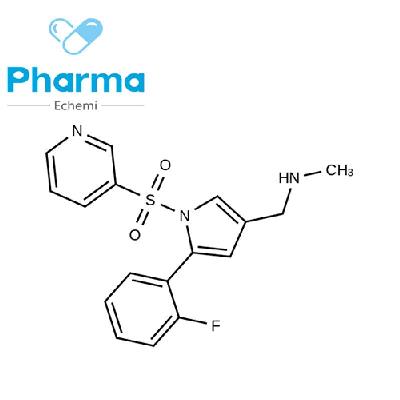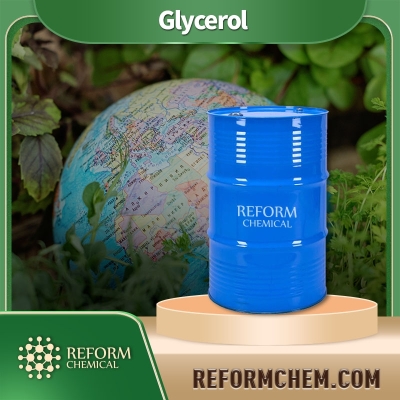-
Categories
-
Pharmaceutical Intermediates
-
Active Pharmaceutical Ingredients
-
Food Additives
- Industrial Coatings
- Agrochemicals
- Dyes and Pigments
- Surfactant
- Flavors and Fragrances
- Chemical Reagents
- Catalyst and Auxiliary
- Natural Products
- Inorganic Chemistry
-
Organic Chemistry
-
Biochemical Engineering
- Analytical Chemistry
-
Cosmetic Ingredient
- Water Treatment Chemical
-
Pharmaceutical Intermediates
Promotion
ECHEMI Mall
Wholesale
Weekly Price
Exhibition
News
-
Trade Service
The risk of vitamin D deficiency in patients with Crohn's disease (CD) includes not only the development of bone disease, but also an increase in the severity
of Crohn's disease symptoms.
The Journal of Advanced Nursing has published a study looking at the prevalence of vitamin D deficiency in adults with Crohn's disease in Birmingham, UK, and lifestyle/modifiable risk factors
that may affect their vitamin D status.
In 2019 and 2020, a 5-month nurse-led, single-centre prospective study
was conducted in outpatients with Crohn's disease at a tertiary hospital in Birmingham, UK.
Vitamin D (25OHD) levels
are measured at a single time point by drying a blood spot sample.
Collection of modifiable risk factors included intake of foods containing vitamin D, use of vitamin D supplements, sun exposure, and current smoking
.
Of the 150 participants, 22 (14.
7%) were current smokers, 49 (32.
7%) were taking over-the-counter vitamin D-containing supplements, including fish oil and multivitamins, and 31 (20.
7%) were receiving vitamin D supplements
prescribed by a healthcare professional.
Thirty-six (24%) had Crohn's disease in remission and 114 (76%) were active and/or receiving treatment
.
The prevalence of vitamin D deficiency (25OHD < 50 nmol/L) in CD patients is 53.
3%.
The study found that participants were generally deficient
on diets rich in vitamin D.
In terms of sun exposure, only 18% of participants had traveled to warm/sunny places in the past 3 months, 6% covered their bodies with clothing, and 80% used a solar lotion
with a median SPF of 45 (IQR 30-50).
The results suggest that people with Crohn's disease are at high risk of vitamin D deficiency, with the highest
rates of deficiency in winter.
In the UK, people with Crohn's disease are less likely to maintain vitamin D levels
through sun exposure, dietary sources or over-the-counter supplements.
Nurses and clinical teams should consider vitamin D supplementation strategies
for people with Crohn's disease.
Original source:
Jane Fletcher, Michaela Brown, et al, Prevalence of vitamin D deficiency and modifiable risk factors in patients with Crohn's disease: A prospective observational study, Journal of Advanced Nursing, 2022, DOI: 10.
1111/jan.
15476.







